Ancestors of the Greeks were deeply involved with natural healing and mythical beauty. In fact, the word “cosmetics” is derived from the Greek word “kosmetikos,” which originated in the early 17th century.
Greek culture established aesthetic standards: the ideal body was determined by an ideal of dominated beauty during those times. To remove sweat and dust from the body, they used metal tools in the shape of crescents, called “strigil.” Hair was dyed and rubbed with vegetable oils to strengthen and protect it from the sun. Furthermore, hair removal was done with special razors and tweezers. Bad smells were covered and prevented with mastic essential oil (oil derived from the mastic tree, which is native to the Mediterranean region).
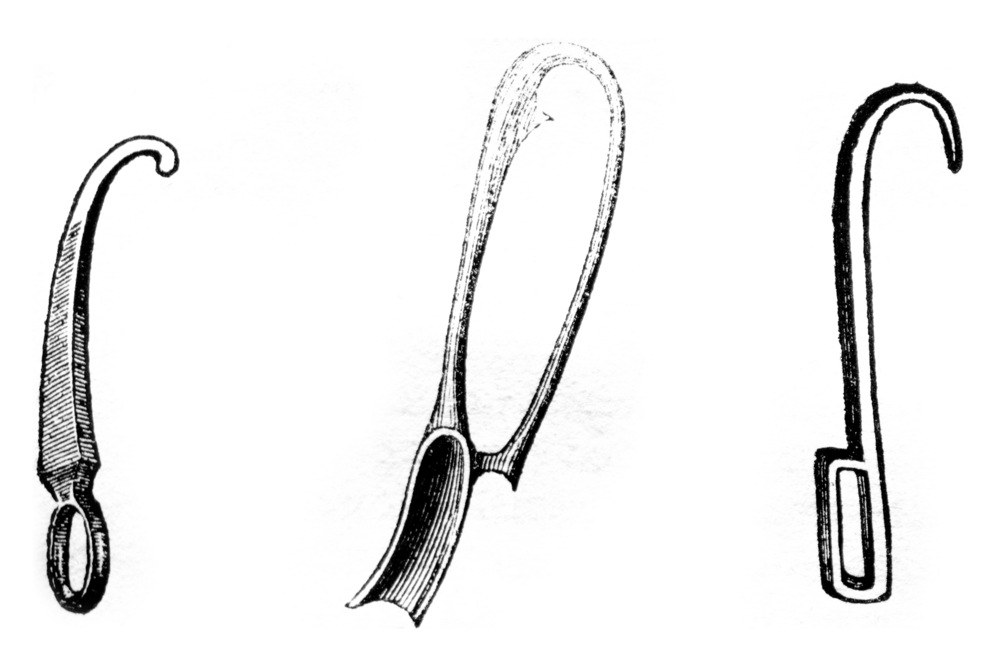
In the past, ancient Greek women were told to use a white lead makeup base (lead carbonate), to give their skin the white color, complemented with a sort of lipstick made from red ochre and blackberry juice that looked healthy on the cheeks and lips. Among the ingredients used to darken eyelashes and eyebrows were powders derived from antimony; eyelids were painted with antimony powder (often known by the Arabic name kohl), ochre, stone fruits, iron oxides, and copper.
Women of Love and Beauty in Ancient Greece
In Greek mythology, the representation of Aphrodite, a deity of love and beauty, and other prominent females like Helen of Troy, “the woman who launched a thousand ships,” reflects the beauty standards in ancient times. Greek temples are filled with paintings of beautiful women with flowing hair and glowing skin.
The Essential Skincare In Ancient Greece
The Ancient Greeks created their skincare products to maintain a healthy and attractive complexion using natural ingredients.
Olive Oil. During ancient times, it was frequently used as a cosmetic. Ancient Greeks used olive oil as exfoliants and moisturizers, and it added a touch of glow to the skin, making it look shiny and supple.
Honey. Since ancient times, honey has been recognized as an antibacterial agent, and ancient Greece relied heavily on honey for its healing properties and versatility.
Greek yogurt is also a natural moisturizer that contains probiotics, proteins, vitamins, minerals, making it ideal for anti-aging skincare.
Beeswax. Ancient Greek cultures used beeswax for a variety of medicinal purposes.
Sea Salt. Sea salt was used to exfoliate, rejuvenate, and provide natural minerals for the skin and body during ancient Greek and Egyptian times. Mixing sugar and sea salt with olive oil was a popular exfoliant.
Pomegranate. Since ancient times, the pomegranate has been considered a symbol of good luck, prosperity, and health. Pomegranate juice was also used for cleansing pores and balancing oily skin in ancient Greece.
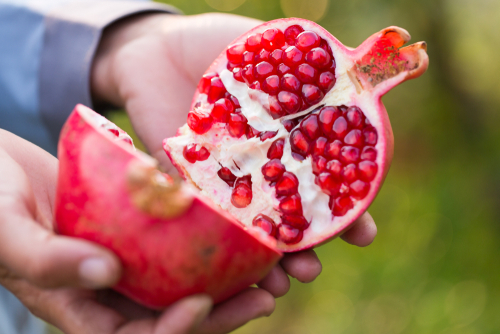
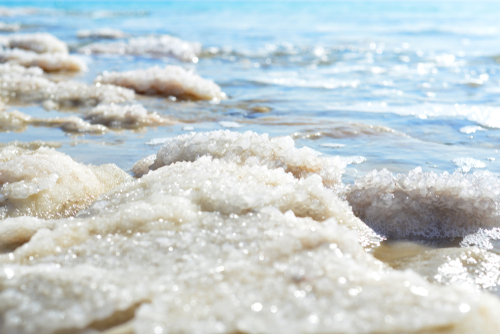
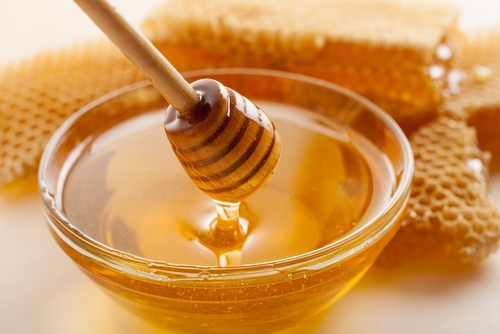

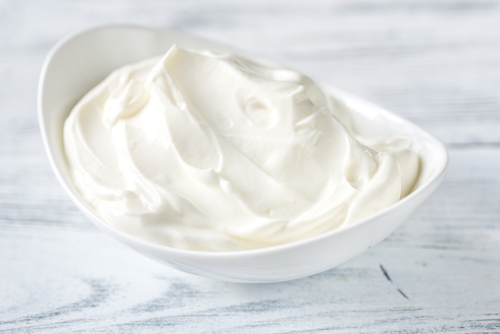
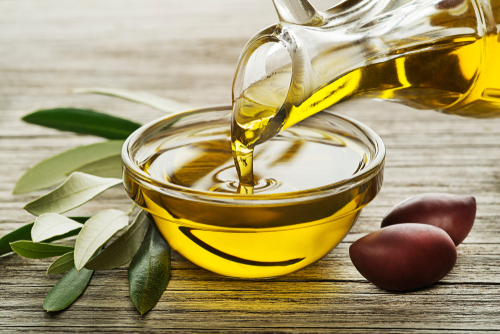
Perfume from Antiquity
In ancient Greece, perfumes were an integral part of beauty. After a woman had bathed, scented oils were applied. In ancient times, oil was infused with aromatic flowers to render perfumes. Flowers were soaked in oil and left to sit. When ready, they were strained through a cloth to create a wonderful perfume!
Are you looking for skincare products rich in natural elements?
You’re at the right place…
Embracing nature’s natural magic essence, Tamr Henna brings ancient beauty secrets to life. Our luxury beauty products are made from rich natural highest-quality ingredients like beeswax, honey, etc., and the most exquisite essential oils. A luxurious formula, beautiful textures, and natural scents will transport you to a state of serenity.
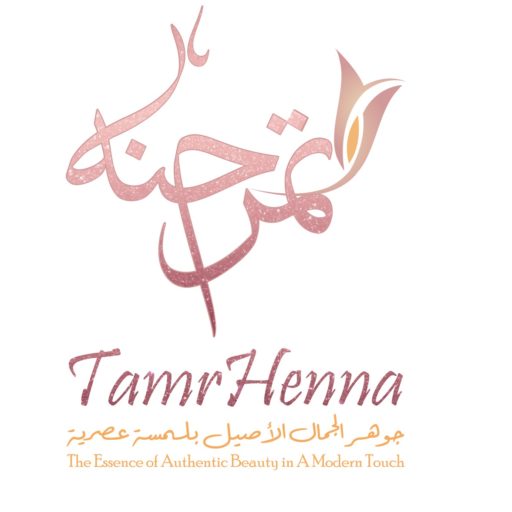
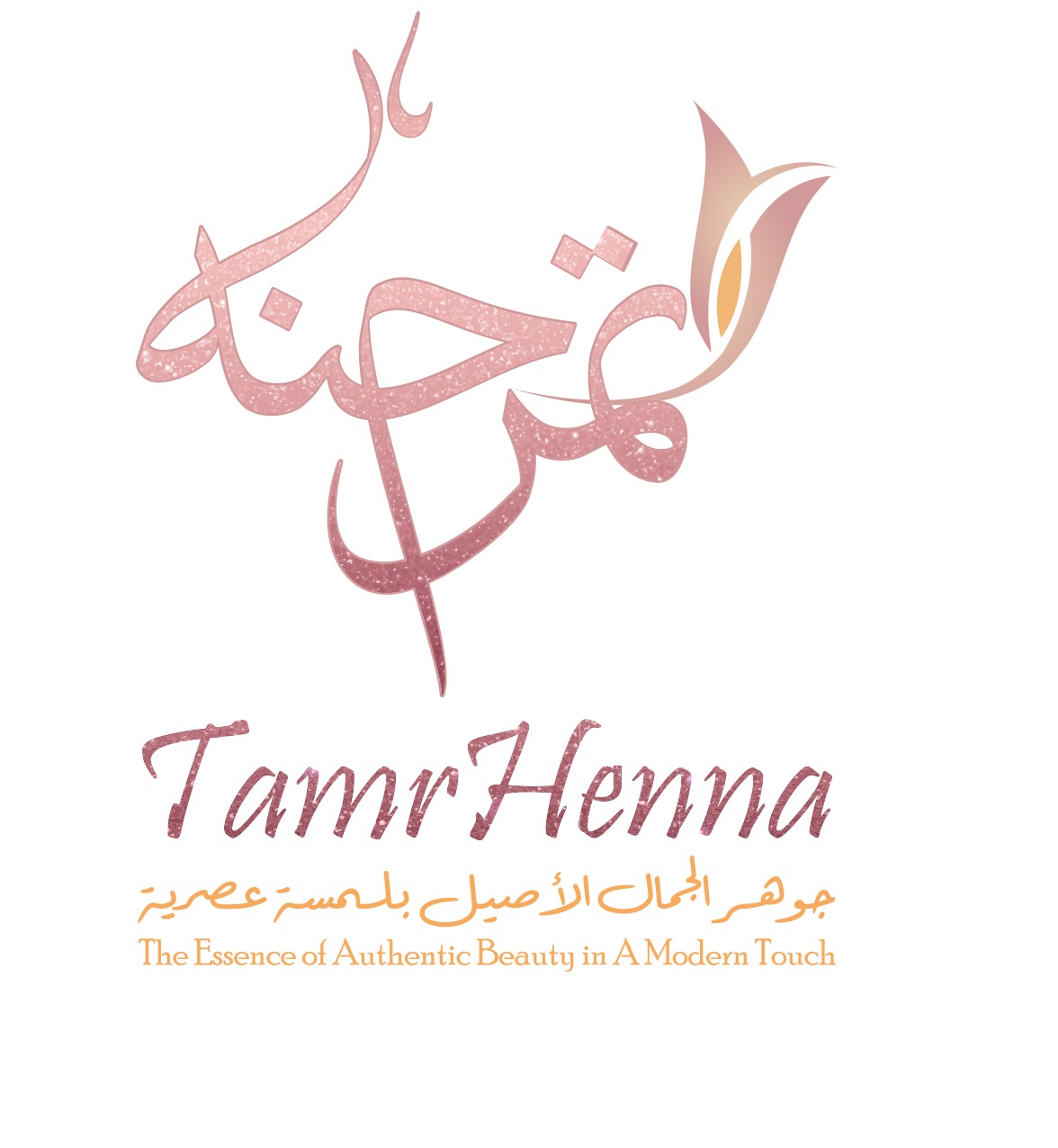
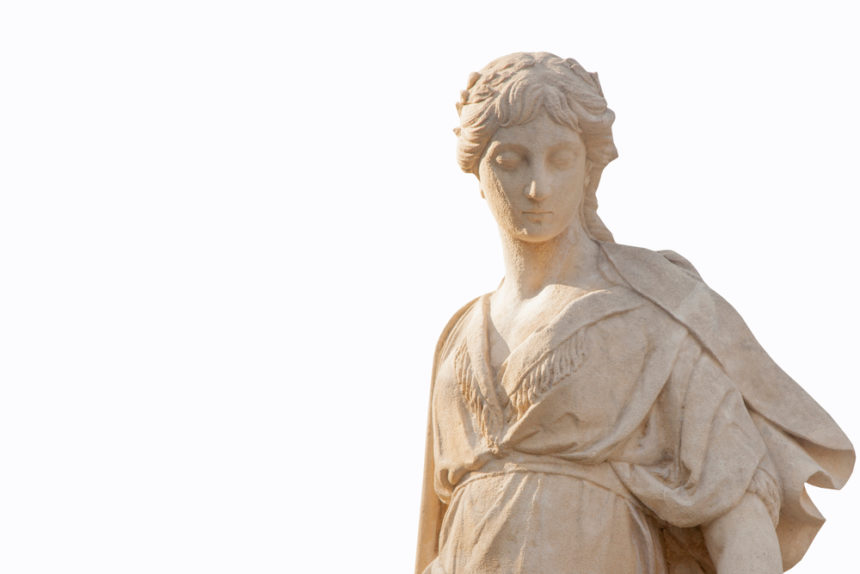
Leave a Reply